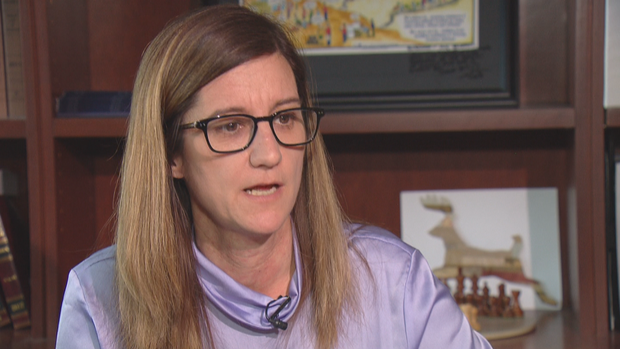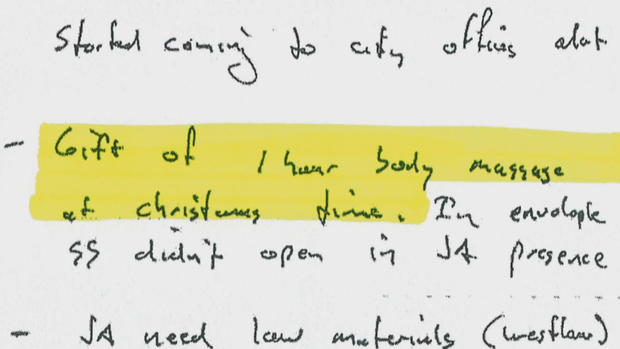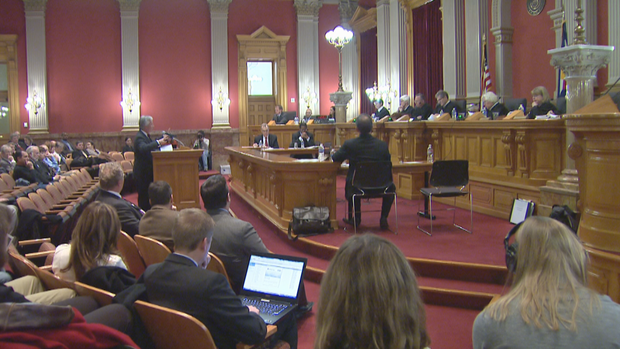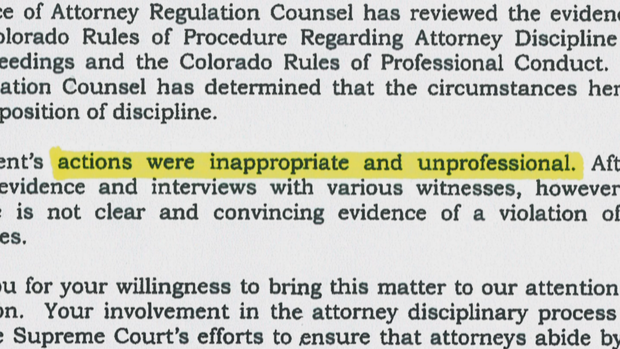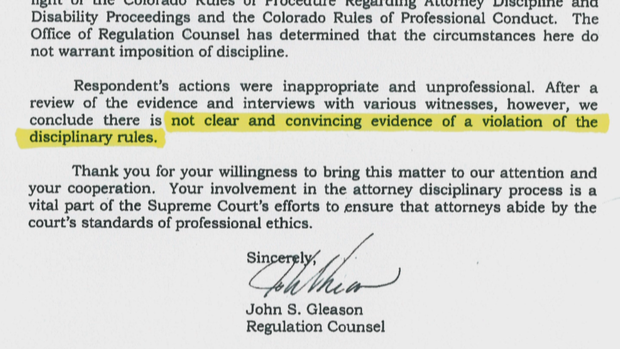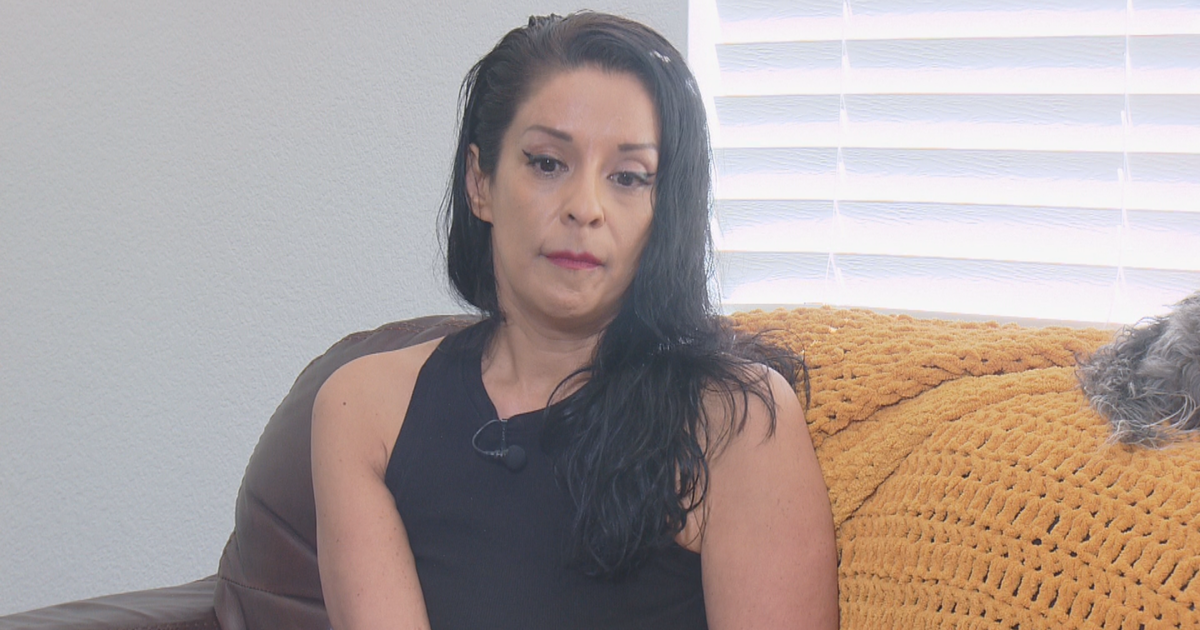Deputy Secretary Of State Wants Change To Sexual Harassment Law
By Shaun Boyd
DENVER (CBS4) - Before there was the #MeToo movement, there was Suzanne Staiert.
The Colorado Deputy Secretary of State blew the whistle long before the movement started.
She lost her job eight years ago as Littleton City Attorney for speaking up. She's still speaking up.
She's pushing for a change in state law when it comes to what the judicial branch has to disclose in cases of sexual harassment involving judges and attorneys.
"I was supposed to be the person stopping this kind of behavior from happening to other people and instead I became the target of it," Staiert said.
She has records detailing how she was harassed for months by the then-Municipal Court judge; how she went to human resources and then the mayor.
"He said this would be very embarrassing for council if it came out," said Staiert.
She filed a complaint with the Equal Employment Opportunity Commission and was fired the same day, even though another woman had then come forward.
But, she says the real blow came when the Colorado Supreme Court's Attorney Regulation Counsel - which oversees attorney licenses - told her the judge's conduct was inappropriate and unprofessional, but not a violation of disciplinary rules.
"I was taken aback. I said 'There's no factual dispute, I don't understand. There's no where to go.' So I said, 'I would like to see his response. I want to see the file.'"
But, the judiciary polices itself and under its rules, only the accused has access to its investigation.
"Those laws are supposed to be set up to protect the person who makes the accusation, not the person who did it," Staiert said.
Under a bill by Rep. Polly Lawrence, a Republican from Douglas County, accusers would be able to access the files, not just the accused.
"I think this is one small step that may get us what we need and what the people of Colorado deserve in terms of transparency," Lawrence said.
Staiert hopes it's a step toward changing a culture that she says has tolerated sexual harrassment for too long.
"I think the outcome of my case would have been different, and I think he would have been exposed, the conduct would have stopped, and things would have changed."
Lawrence's bill initially would have made the judiciary subject to the same open records laws as other branches of government. Democrats killed that bill the last two years, saying it runs counter to the separation of powers.
But after Staiert testified this year, they amended the bill, directing the judiciary to change its rules so victims have access to the findings in sexual harassment cases too. Access to other complaints and budgets are still at the judiciary's discretion.
The bill passed its first committee.
Shaun Boyd is CBS4's political specialist. She's a veteran reporter with more than 25 years of experience. Follow her on Twitter @cbs4shaun.
